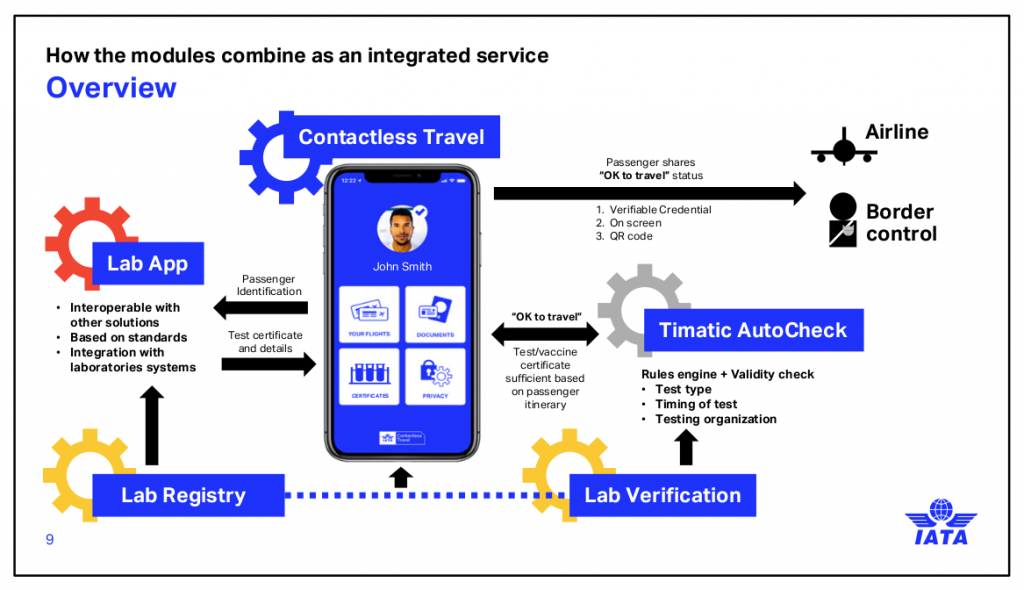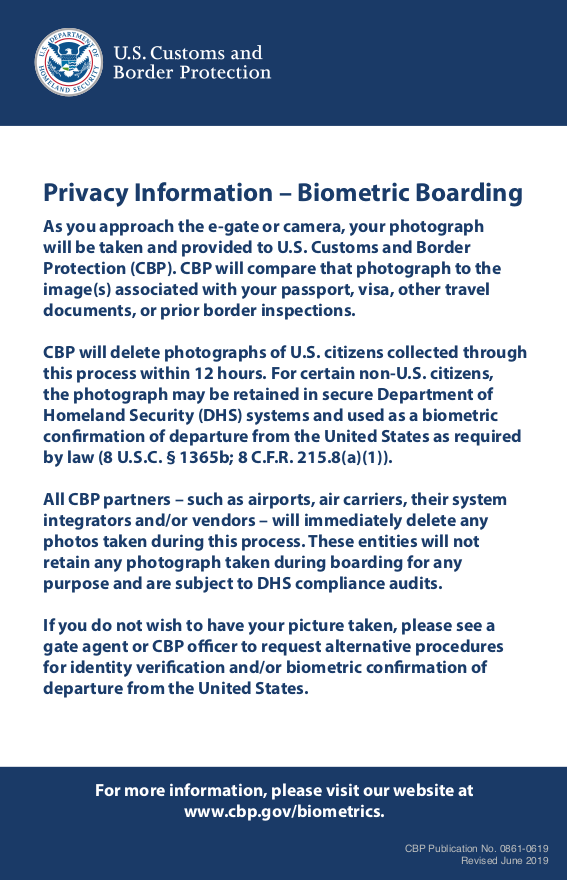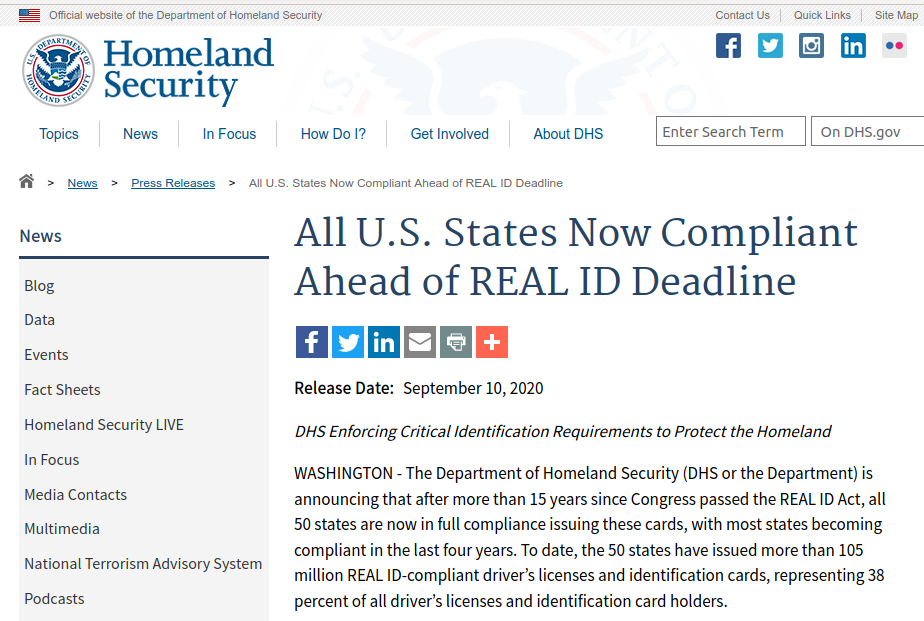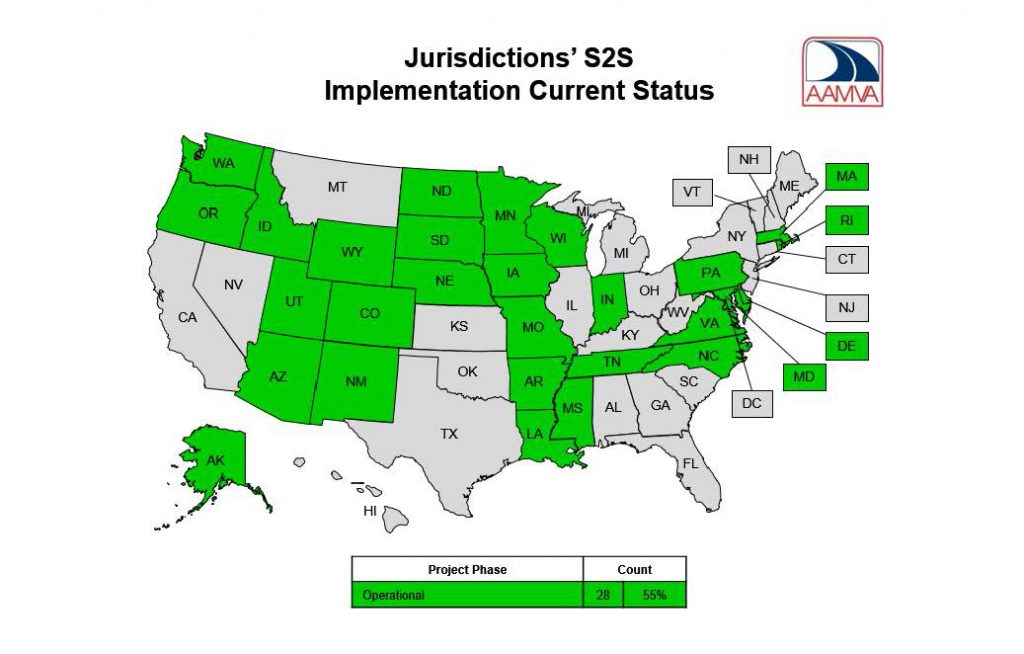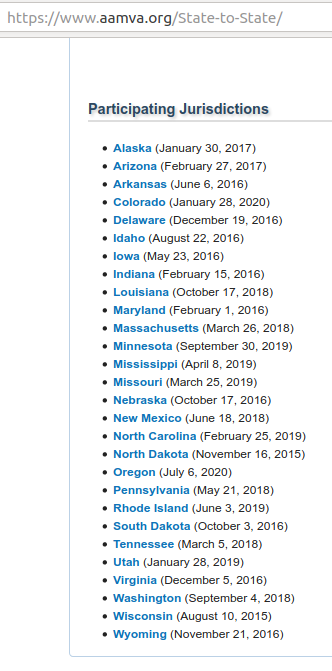Today the City Council of Portland, Oregon, voted unanimously to ban the use of facial recognition technology by City agencies or by private entities in places of public accommodation within the City limits, including at the Portland International Airport (PDX), effective immediately.
Many local and national organizations and individuals testified eloquently in favor of these proposals. We don’t need to repeat all of their general arguments.
But a point of particular concern and particular pleasure for us is that the Port of Portland asked the City Council for an exemption from the ban to allow use of facial recognition “for air carrier passenger processing” — and was turned down.
No member of the City Council mentioned the Port’s request for a carve-out for facial recogntion of air travelers during the City Council discussion, and the proposals were adopted without amendment except for making the ban on private use of facial recognition in places of public accommodation effective immediately, as had already been proposed for the ban on use by city agencies. (The amendment to make the private entity ban effective immediately was made verbally during the City Council meeting, so it isn’t reflected in the advance text of the proposal.)
This is an important precedent , as Portland is only the second jurisdiction in the US to consider local rules related to facial recognition at its airport.
Earlier this year, after behind-the-scenes threats by the US Department of Homeland Security (DHS) to make life difficult for the Port of Seattle if it didn’t collaborate with DHS facial recognition schemes at Sea-Tac International Airport (SEA) and allow airlines and contractors also to do so, the Port of Seattle Commission reneged on the aspirational policy principles it adopted in 2019 and decided to buy and operate common-use facial recognition cameras integrated with DHS and airline databases and operations.
(See our written testimony to the Seattle Port Commission on use of facial recognition at SEA: 1, 2, 3., and articles in our blog here and here.)
The decision by the Port of Seattle was made just before the COVID-19 pandemic drastically reduced traffic at SEA and other airports and delayed the need for the new gates at SEA where the DHS-linked cameras were to be installed. A broad coalition of local and national community and civil liberties organizations has called on the Seattle Port Commission to use the opportunity provided by this delay to reconsider its decision on facial recognition.
Portland did significantly better than Seattle in working to distance itself from and isolate the DHS — not surprisingly in light of the object lesson the DHS has provided in Portland recently with respect to DHS trustworthiness (not), self-restraint (not), commitment to the rule of law (not), and respect for civil and human rights (not). Portlanders don’t trust the DHS to behave any better at PDX Airport than it’s been behaving on the streets of Portland.
PDX airport is located within the City of Portland but operated by the Port of Portland, a special-purpose agency of the state of Oregon governed by a board appointed by the Governor of Oregon. The City of Portland can’t prevent use of facial recognition by the DHS or the Port of Portland, but can regulate or prohibit its use by private entities, including airlines, within the city limits, including at the airport.
The Port of Portland has the authority to enter into contracts, borrow and spend money, manage its employees, and enact rules for activities at PDX Airport. But in addition to the requirements of due process and other Constitutional rights, and the obligations on the airport as a publicly owned and operated place of public accommodations and common-carrier facility, the legislative authority of the Port is limited to the issuance of rules consistent with city ordinances. That appears to mean that the Port may not prohibit that which the city has duly prohibited. (If readers have more expertise on this jurisdictional issue, feel free to leave a comment or drop us a line.)
The Federal government could preempt the Portland ordinances if it enacted valid laws or promulgated valid regulations mandating use of facial recognition by Federally-regulated airlines and/or airports. But no law mandates use of facial recognition for US citizens, even when traveling internatoinally, or for passengers on domestic flights
The DHS has refrained from promulgating any such regulations, preferring to operate outside the law than to establish any legal framework for its use of facial recognition or subject it claim of authority to notice-and-comment rulemaking or judicial review. A petition for rulemaking on use of biometrics for traveler identification submitted to the DHS by the Portland-based World Privacy Forum has been ignored by the DHS for almost two years.
While the DHS has engaged in heavy-handed behind-the-scenes lobbying and threats to “persuade” airlines and airport operating agencies to become its “partners” in biometric surveillance and control of air travelers, as it did in Seattle, the DHS has continued to maintain — correctly — that this “cooperation” is entirely voluntary. In declining to participate, and by exercising its jurisdiction to prohibit airlines or other contractors form doing so within the city limits, the City of Portland is doing only what the DHS has consistently said that local jurisdictions have the authority to do, if they so choose.
The July 14, 2020, letter from the Port of Portland to the Portland City Council requesting exemption from the facial recognition ban made numerous false factual claims and specious arguments. Since these bogus arguments are likely to be raised again in other cites despite having failed to persuade any of the members of the Portland City Council, it’s worth noting and debunking them:
Read More →
